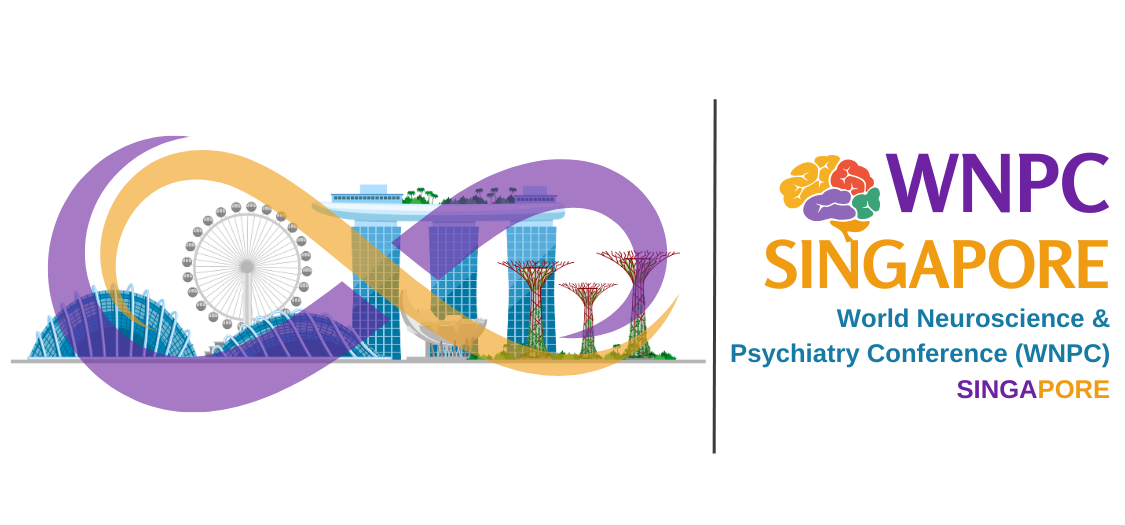
Introduction:
Caffeine is the stimulant of the methylxanthine group in the Central Nervous System (CNS). It is a globally known psychoactive drug. It is the most available psychoactive substance unlike other drugs, which is almost globally legalized. The traces of this are found in many food substances and drinks, which gives a thought that it is not a drug. It has both health benefits as well as negative impacts on the brain and body. The globally well-known caffeinated beverages are coffee and tea. Caffeine is a stimulant, which impacts increased function on the Central Nervous System (CNS). Studies on caffeine have stated that it increases the energy levels, alertness and sometimes causing irritability, rapid heart rate, anxiety, insomnia, and jitters. Sergi Ferre has provided an overview of research conducted since the early 1990s on the mechanism of action of caffeine on the central nervous system.
Where is this found:
This is in general found in coffee beans, tea leaves, and cocoa beans. It is found as an alkaloid in plants which is of no nutritional value, no flavor on its own.
Effects of caffeine:
Caffeine intake embodies both positive and negative health effects. It is classified by the US (FDA) and is recognized as safe (GRAS). Single-cup of coffee contains 80-175 mg of caffeine, depending on what bean (seed) is used and preparation (e.g. drip, percolation or espresso). So, to reach the permissible levels of toxic dosage, it requires roughly 50-100 ordinary cups of coffee. Pure-powdered caffeine, taken as a dietary supplement, can be fatal in tablespoon-sized amounts.
It can help in improvising mental health to a point. Caffeine in 2012 study showed that it can affect in improving the performance on variable tasks such as response times, vigilance, information processing proofreading tasks. Also as per a review which was published in the year 2010, it stated that caffeine can help in improving vigilance and reaction times.
Expectancy in drug effects that have on people’s perceptions and behaviors are, how caffeine affects their performance and in particular, if they think it will impair their performance, seems to underlie some of these improvements.
Psychiatric and Neurological Effects:
People when get to know about the ill effects of caffeine they start trying harder to compensate for the expected effects of caffeine. Caffeine can sometimes give a good effect on the mood on certain recommended dosages. Norepinephrine, dopamine, and acetylcholine are the neurotransmitters that play a role in mood and mental performance, the caffeine has its effect on these. Excessive caffeine intake leads to symptoms that overlap with those of many psychiatric disorders and worsening sleep, anxiety, eating disorders even and sometimes can lead to schizophrenia.
Caffeine intake results in antagonism of adenosine receptors, leading to increased dopamine activity and resulting in psychosis. In patients with psychiatric caffeine intake is found with high anxiety, psychotic symptoms, hostility. To overcome this psychiatric assessment should be done along with hypnotics. The patients must be given decaffeinated beverages.
Side effects:
Caffeine is considered to make you alert, but at the same time, it can also cause many side effects like insomnia, excitement, nervousness, excessive urination, gastrointestinal disturbances, flushed face, rambling speech, muscle twitching, difficulty in relaxing, tachycardia, etc. Heart rate: caffeine as a stimulant increase the heart rate, which generally occurs after intake of 350mg. If further taken it might speed up the heart rate altering the speed and regularity, called tachycardia, which might be serious.
Mood: People intake the caffeine to have good and improved mood and if taken in high might result in increased anxiety.
Blood pressure: It has an effect on normal blood pressure also. The effect is known as pressure effect which varies with age, gender, and hypertension patients. Intake of caffeine with alcohol even results in danger. The caffeine causes intake of alcohol in high quantities.
There is a saying that “What We Are is What We Eat”. Beverages which contain caffeine and high sugar content have both neurological and physical impacts on our body. One must seek immediate assistance from their local physician if they are feeling unstableness, anxiety and mood swings.








